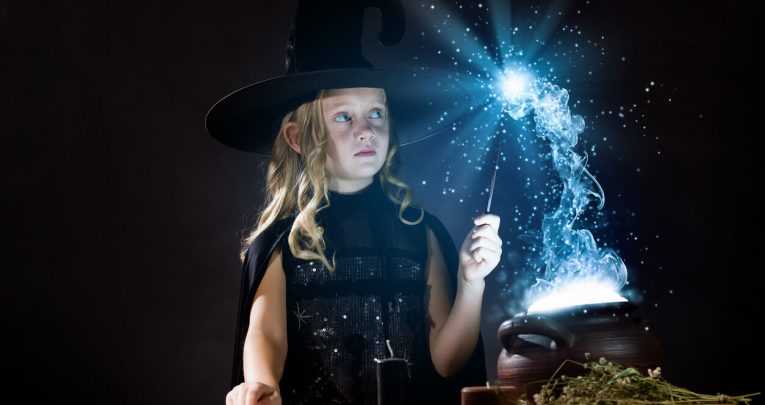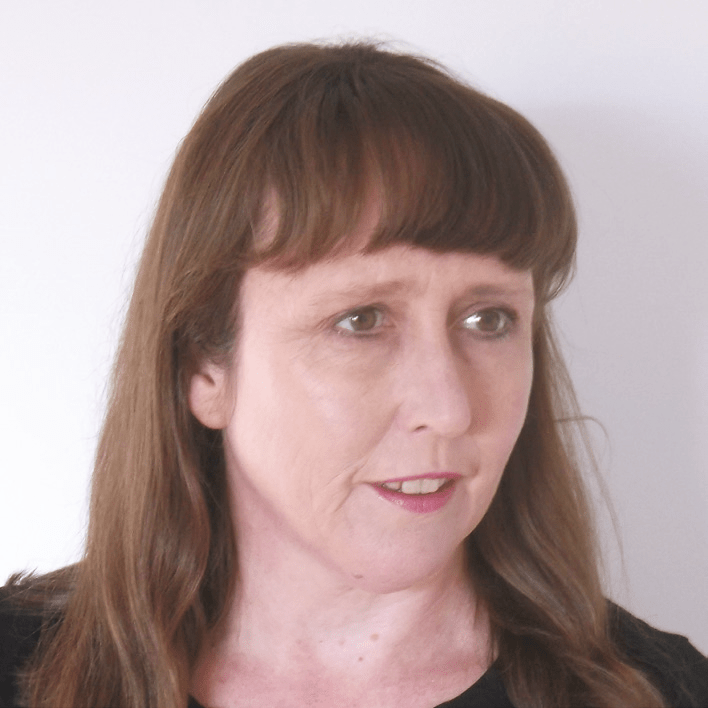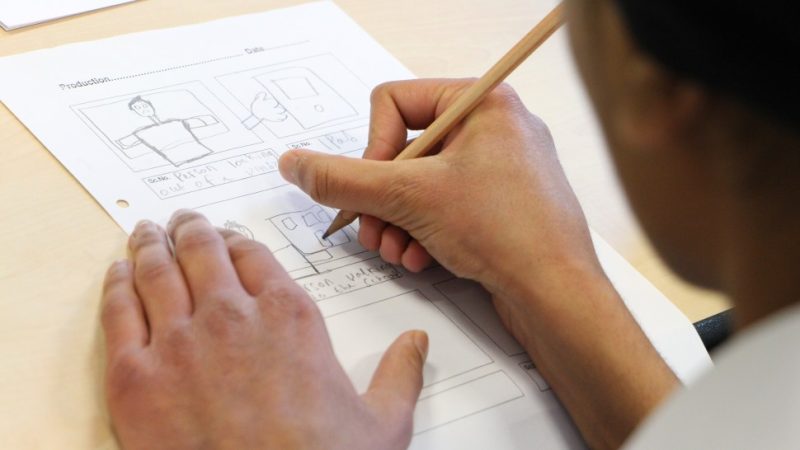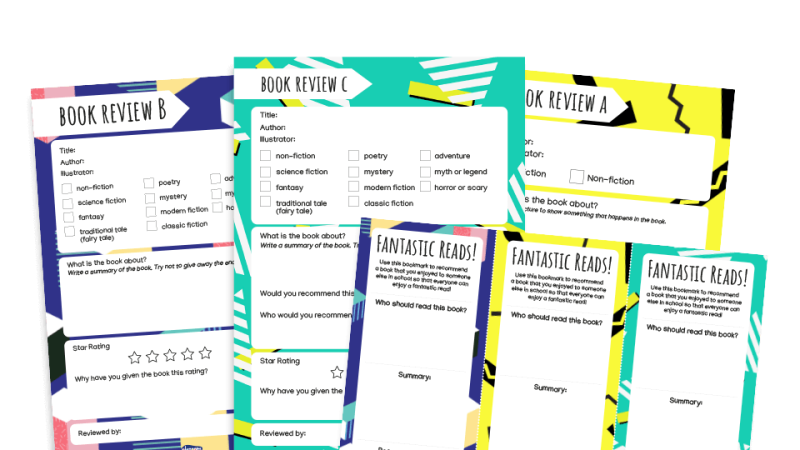KS1 Children Should Not Be Expected to Read Harry Potter and the Goblet of Fire

Expecting KS1 children to emulate ‘Pupil H’ and attain fluency in the Goblet of Fire is a fantasy akin to the Harry Potter books themselves, says Sue Cowley…

- by Sue Cowley

Many years ago, I worked with a primary headteacher who gave me a great piece of advice, one which has stuck with me ever since: “Be reasonable, but don’t reason with them.”
In other words, so long as what you ask for is reasonable, you won’t have to constantly renegotiate the boundaries with your children.
It is perfectly reasonable for teachers to encourage their children to complete a difficult activity, so long as they offer support for those who need it – particularly those whose learning might be impacted by special educational needs.
Our children will try to live up to what we expect of them, so we need to encourage pupils to stretch themselves and reach for a standard that might be difficult for them to achieve.
At the same time, though, we have to be realistic and sensitive to our children’s needs.
If our expectations are so high that there is no chance of our pupils reaching them, the children can feel a heavy pressure weighing them down.
They may feel that they are not good enough – that they are letting us down.
The current occupants of the DfE are well known for their focus on high expectations, raising standards and their regular use of the word ‘rigour’.
The thinking seems to be that by raising the bar ever higher, teachers and children will be forced to try harder, so that they can continue to jump over it.
There are no excuses for not making the grade, if a bit more effort and rigour is all that it takes.
When quizzed by the Education Select Committee about these ever-increasing demands, Michael Gove memorably suggested that all schools could be above average.
In an education system that is cohort referenced, the bell curve will always be with us, and the reality is some children and schools will always need to fail in order for other children and schools to be seen to win. In December 2018, the Standards and Testing Agency published its exemplification materials for the KS1 reading teacher assessments.
The ‘working at greater depth within the expected standard’ materials include a video of ‘Pupil H’, reading from the book Harry Potter and the Goblet of Fire.
The problem is, though, that Pupil H is not an example of a typical ‘greater depth’ child in Year 2; Pupil H is a complete outlier.
At the age of six or seven, Pupil H reads with a fluency and expression that eludes many adults.
Not only this, but Pupil H is reading a book that many teachers feel is inappropriate for this age group, both in terms of its difficulty and also in terms of its content – the film of the book was the first in the series of Harry Potter films to be rated PG-13.
While there is no doubt about Pupil H’s high attainment, to suggest that the video exemplifies anything that most children could achieve at this age is a work of fantasy akin to the Harry Potter books themselves.
What is the problem, you might ask? Surely these materials are just an example of what a very high-attaining young child can achieve?
The problem is that, by setting an impossible standard, one of two things will probably happen.
Either schools will believe that this is what the DfE expects them to be aiming for, and insist that children read ever harder and more complicated books, ever earlier, in order to prepare for the increase in expectations.
Or children who might previously have been assessed as ‘greater depth’ at the end of KS1 will no longer be moderated as such.
The Americans have a term for what is happening here: mission creep – a gradual shift in objectives during the course of a military campaign, often resulting in an unplanned outcome.
It strikes me that the DfE has been engaging in standards creep, where the demands and expectations placed on children gradually get higher and higher and higher.
As the pressure ramps up, the scales become imbalanced and our children’s mental health is put at risk. And the heaviest weight of the DfE’s expectations will fall on the most vulnerable learners of all.
Sue Cowley is an author, presenter and teacher educator. Find her at suecowley.co.uk and follow her on Twitter at @sue_cowley.











